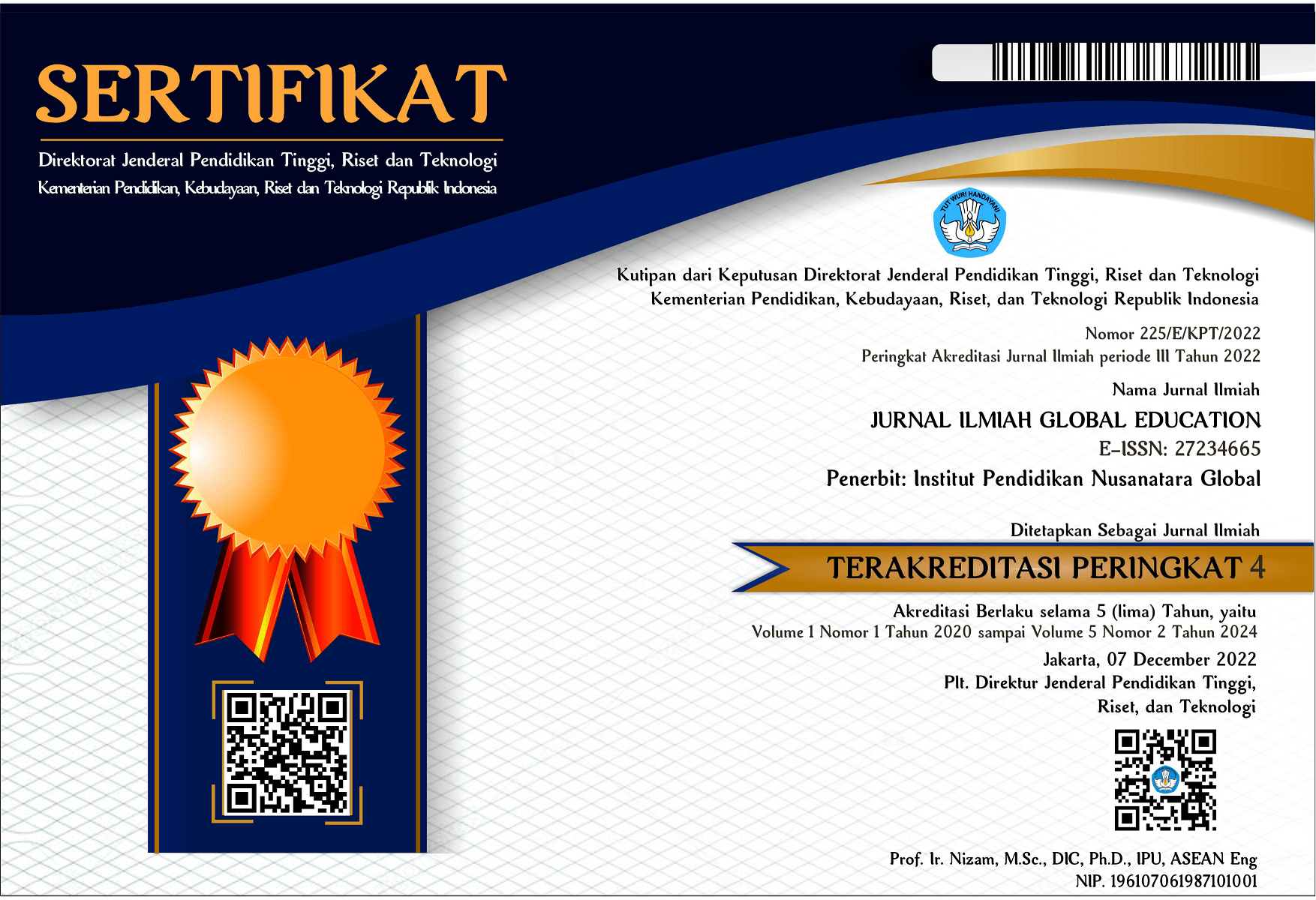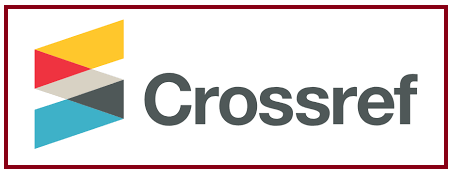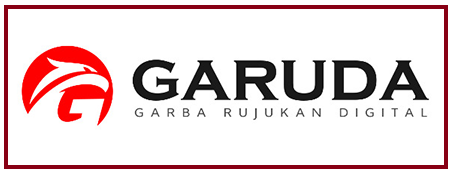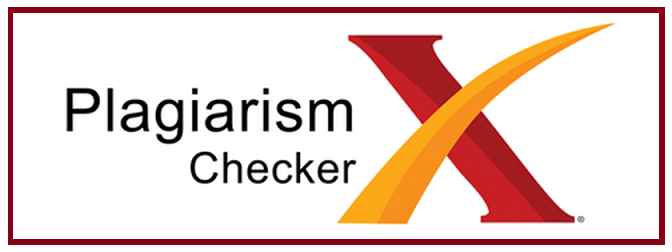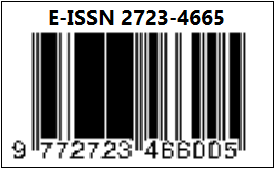Employing Cooperative Learning to Enhance the University Students’ Reading Comprehension
DOI:
https://doi.org/10.55681/jige.v5i1.2509Keywords:
Reading comprehension, students, cooperative learningAbstract
Cooperative learning is considered one of the most effective learning methods to improve students’ language skills. Reading is an essential language skill for students in language learning. Therefore, this study was aimed at improving reading comprehension through cooperative learning. The result data showed that the score in each cycle improved significantly. The grand mean of the first cycle was 78.26, and 85.22 in the second. The grand mean score of the first and second cycles is much higher than the mean score of the initial reflection. Moreover, the questionnaire result showed comparative percentages of 41.62%, 41.62%, 16.76%, and 0% for items A, B, C, and D, respectively. The questionnaire results indicated that most of the students were actively engaged in learning reading comprehension. Therefore, this study implies that lecturers should utilize the cooperative learning method more intensively in teaching English.
Downloads
References
Abbood, A. M. H. (2024). Effectiveness of cooperative learning using multimedia in some physical abilities and basic skills for junior players in basketball. ASEAN Journal of Physical Education and Sport Science, 3(1), 7–16.
Arthur, R. (2023). Cooperative Learning in English Language Teaching: Teachers’ Perspective on the Challenges to Effective Implementation. Traditional Journal of Humanities, Management, and Linguistics, 2(01), 1–13.
Ary, D., Jacobs, L. C., Irvine, C. K. S., & Walker, D. (2018). Introduction to research in education. Cengage Learning.
Astawa, I. N., Mantra, I. B. N., & Widiastuti, I. A. M. S. (2017). Developing communicative English language tests for tourism vocational high school students. International Journal of Social Sciences and Humanities, 1(2), 58–64. https://doi.org/10.29332/ijssh.v1n2.43
Belinda, F. (2020). Culture Based Tourism Study in New Normal Era in Badung District. International Review of Humanities Studies, 5(2), 524–534. https://doi.org/10.7454/irhs.v0i0.255
Cabural, A. B., & Infantado, E. J. S. (2023). The Difficulty of Reading Comprehension and the Proficiency of the Grade 10 Students of Aloran Trade High School, Philippines. Journal of Tertiary Education and Learning, 1(2), 23–29.
Cohen, L., Manion, L., & Morrison, K. (2018). Case studies. In Research Methods in Education. https://doi.org/10.4324/9781315456539-19
DelliCarpini, M. (2009). Enhancing cooperative learning in TESOL teacher education. ELT Journal, 63(1), 42–50.
Fahira, I. A., Agung, A., & Yudhi, I. (2023). Improving the Eighth-Grade Students' Reading Comprehension At Smp Muhammadiyah 1 Denpasar Through Numbered Head Together ( Nht ). 3(1).
Handayani, N. D., Mantra, I. B. N., & Suwandi, I. N. (2019). Integrating collaborative learning in cyclic learning sessions to promote students’ reading comprehension and critical thinking. International Research Journal of Management, IT and Social Sciences, 6(5), 303–308. https://doi.org/10.21744/irjmis.v6n5.777
Hasanah, H., & Malik, M. N. (2020). Blended learning in improving students’ critical thinking and communication skills at University. Cypriot Journal of Educational Sciences, 15(5), 1295–1306. https://doi.org/https://doi.org/10.18844/cjes.v15i5.5168
Kasmiati, S., Surdin, S., & Lestari, V. E. (2023). Increasing Students’ Learning Outcomes Through the Script Model of Cooperative Learning in Secondary School. AL-ISHLAH: Jurnal Pendidikan, 15(2), 1924–1931.
Khalilova, K. (2023). MASTERING READING COMPREHENSION: A VITAL SKILL FOR ACADEMIC SUCCESS. Академические Исследования в Современной Науке, 2(23), 83–89.
Mantra, I. B. N., Handayani, N. D., & Kumara, D. G. A. G. (2022). Brainstorming, Activating, Reinforcing And Applying (BARA) To Upraise Students’ Reading Comprehension. International Journal of Linguistics and Discourse Analytics, 4(1), 41–48.
Mantra, I. B. N., & Widiastuti, I. A. M. S. (2023). BRAINSTORMING, EXPLORING, SHARING, TRANSFERRING KNOWLEDGE (BEST) AS AN EFFECTIVE STRATEGY TO UPRAISE STUDENTS’WRITING SKILLS. Journal on Studies in English Language Teaching (JOSELT), 4(1), 21–30.
Mantra, I. B. N., Widiastuti, I. A. M. S., Handayani, N. D., & Pramawati, A. A. I. Y. (2020). English Language Urgency For Tourism And Hospitality Employees To Boost Global Economy. PalArch’s Journal of Archaeology of Egypt/Egyptology, 17(7), 5458–5469.
Mogea, T. (2023). Improving Students’s Reading Comprehension Through Group Discussion Technique. Jurnal Pendidikan Dan Sastra Inggris, 3(1), 91–102.
Pal, S., Agarwal, S., Verma, A., Upadhyay, J., & Achari, P. D. (2023). Investigating Adults’ Experiences with Slow Learner Reading as a Pedagogical Methods. International Neurourology Journal, 27(4), 1011–1017.
Prayuda, M. S. (2023). The Effect of Intensive Reading Strategy on Students’ Reading Comprehension. JOLADU: Journal of Language Education, 1(3), 90–102.
Qomariah, N., Wijaya, A. L., Fashli, M. N. R., Azkiya, H. H., & Dewi, R. S. (2023). Cooperative Learning to Increase Students’ English Self-Efficacy. Jurnal Basicedu, 7(6), 4243–4252.
Rosyidi, A. Z., Masyudi, M., & Paris, A. S. (2022). The Effect of Shadowing Technique in Teaching Speaking at A University. Scaffolding: Jurnal Pendidikan Islam dan Multikulturalisme, 4(3), 281-292.
Sari, D. M. (2023). Analysis Students Difficulty In Reading English Article. Jotika Journal in Education, 3(1), 27–31.
Tamimy, M., Rashidi, N., & Koh, J. H. L. (2023). The use of cooperative learning in English as foreign language classes: The prevalence, fidelity, and challenges. Teaching and Teacher Education, 121, 103915.
Uto, M., Tomikawa, Y., & Suzuki, A. (2023). Difficulty-controllable neural question generation for reading comprehension using item response theory. Proceedings of the 18th Workshop on Innovative Use of NLP for Building Educational Applications (BEA 2023), 119–129.
Widiastuti, I. A. M. S. (2021). Assessment and feedback practices in the EFL classroom. REID (Research and Evaluation in Education), 7(1), 13–22.
Widiastuti, I. A. M. S., Krismayani, N. W., & Murtini, N. M. W. (2022). Communication, Inquiring, Networking, Teaching, Applying (CINTA) as an Effective Learning Model to Improve Students" Critical and Creative Thinking Skills. International Journal of Information and Education Technology, 12(12).
Widiastuti, I. A. M. S., Mantra, I. B. N., Sukoco, H., & Santosa, M. H. (2021). Online assessment strategies to enhance students’ competence and their implementational challenges. JEES (Journal of English Educators Society), 6(2).
Widiastuti, I., & Saukah, A. (2017). Formative assessment in EFL classroom practices. Bahasa Dan Seni: Jurnal Bahasa, Sastra, Seni, Dan Pengajarannya, 45(1), 50–63.
Zubaidah, S., Corebima, A. D., Mahanal, S., & Mistianah. (2018). Revealing the relationship between reading interest and critical thinking skills through remap GI and remap jigsaw. International Journal of Instruction, 11(2), 41–56. https://doi.org/10.12973/iji.2018.1124a
Downloads
Published
How to Cite
Issue
Section
License
Copyright (c) 2024 Ida Ayu Made Sri Widiastuti

This work is licensed under a Creative Commons Attribution-ShareAlike 4.0 International License.


